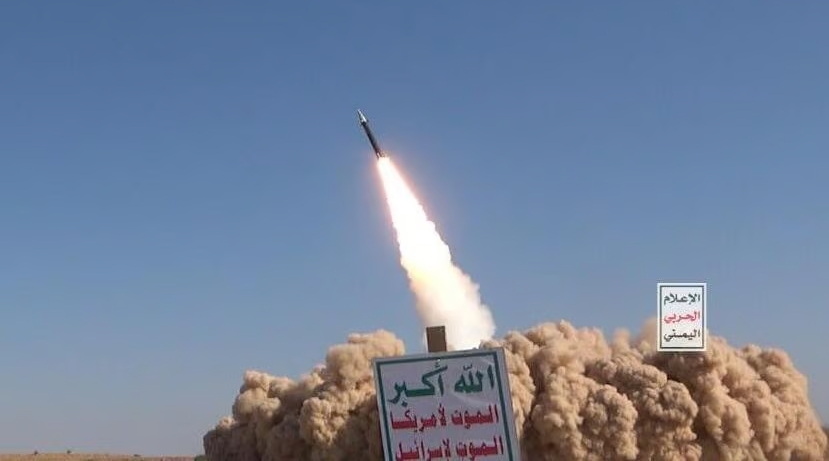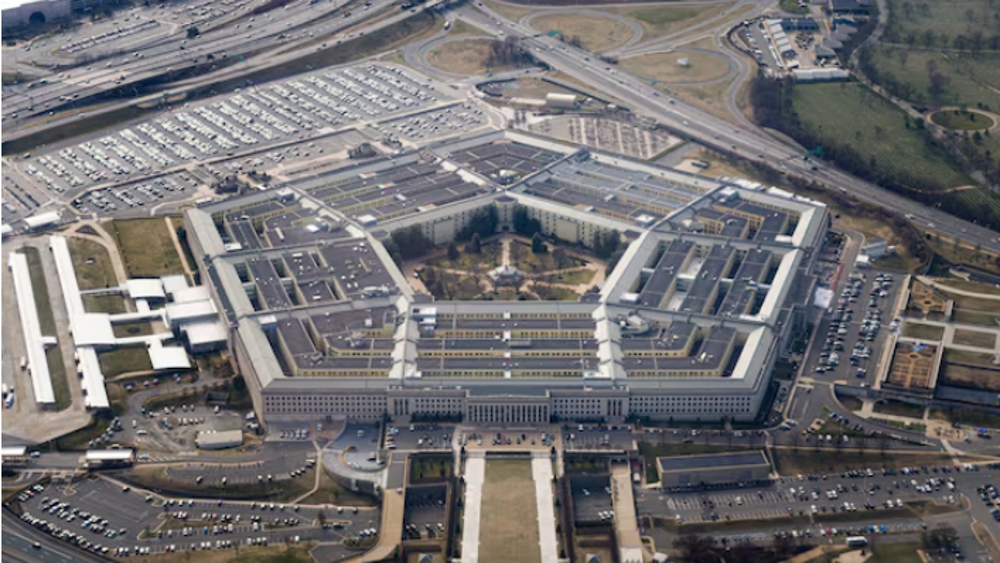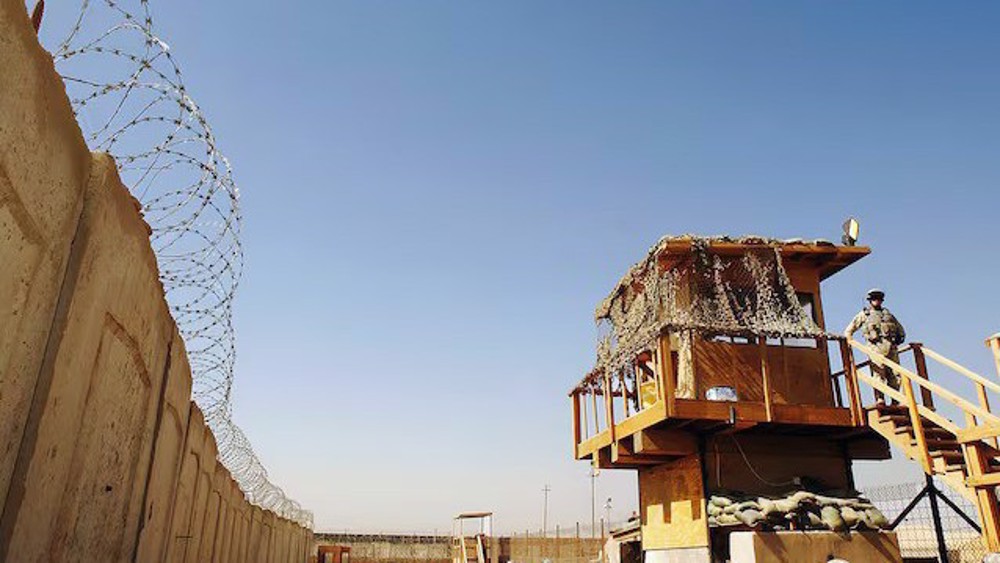Daesh-linked militants claim capture of US weapons in Afghanistan
Daesh-linked militants in Afghanistan publish photos of documents, weapons and radio equipment allegedly taken from American soldiers following clashes in recent weeks in Afghanistan's eastern Nangarhar province.
The photos of US military equipment and weapons were initially released by a Takfiri news agency and later circulated by the SITE Intelligence Group, which alleged that they had been taken in Nangarhar province.
The photos show an American portable rocket launcher, an advanced military radio used by coalition forces, grenades, as well as close up views of personal documents belonging to a US Army soldier, Specialist Ryan Larson.
The US military command in Kabul however repudiates any suggestion the soldier had been captured, saying he "has been accounted for and remains in a duty status within his unit." Thus, it remains unclear how the weapons and papers came to the possession of Daesh, or even when the photos were taken.
The US maintains that the soldier accidentally left behind the items, fighting alongside Afghan forces.
"SPC Larson was attached to a unit conducting a partnered (operation) with Afghan Forces," US military spokesman Commander Ron Flesvig said in a statement on Sunday. "The soldier's I.D. and some of the equipment were left behind after the (operation). The loss of personal identification is unfortunate."
Flesvig said officials were trying to determine how the items were lost.
American special operations troops have been fighting with Afghan forces in a renewed offensive, part of the government's Operation Shafaq, against militants who claim allegiance to Daesh n Nangarhar Province, which borders Pakistan.
The push in Nangarhar came after President Barack Obama cleared American troops to take a more active role in fighting militants in Afghanistan.
Besides advising work and special operations missions, American aircraft deployed at least 545 weapons in the first six months of 2016.
Nangarhar has become a hotspot for Daesh militants, with about 1,000-1,500 of them there, according to the US, most of whom are actually believed to be former Taliban members who previously fled Pakistan.
The rise of Daesh in Afghanistan has triggered concerns in a country, gripped by decades of Taliban-led militancy and the 2001 invasion of the US and its allies. Daesh has also capitalized on splits emerging among the ranks of the Taliban since the news broke last year of the death of the Taliban founder and long-time leader Mullah Omar.
VIDEO | Jordanians condemn Israel’s ban on UNRWA activities in occupied Palestine
VIDEO | Million-man march held in Yemen in support of Gaza, Lebanon
Iran says resolved to ‘legally’ pursue Gen. Soleimani assassination case
VIDEO | Outraged over Gaza genocide, Iraqi protesters burn Israel, US and UK flags
Far-right German party calls for UN probe into ‘Berlin’s role’ in Nord Stream blasts
Trump’s ‘Make America Great Again’ shows US debilitated, desperate: Fmr. IRGC chief
Jordan rage: Protesters blast Israel’s genocide in Gaza, carnage in Lebanon
Pentagon official says ‘shocked’ by Yemen’s firepower, arsenal










 This makes it easy to access the Press TV website
This makes it easy to access the Press TV website